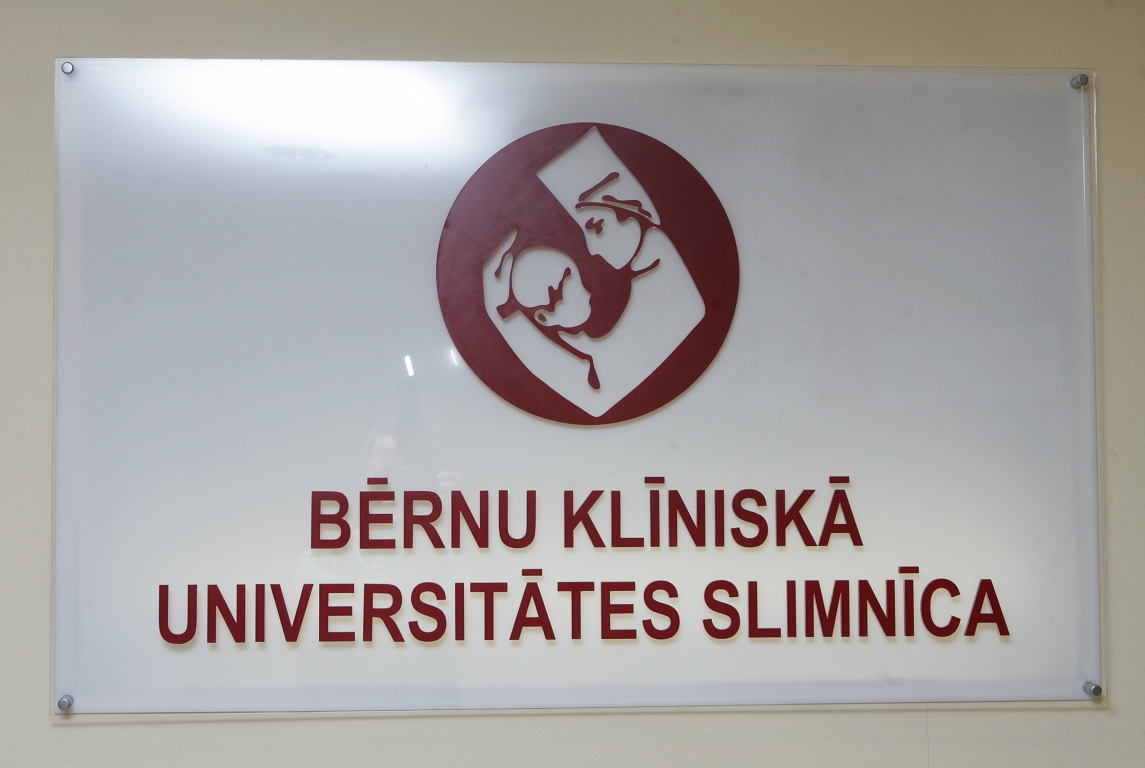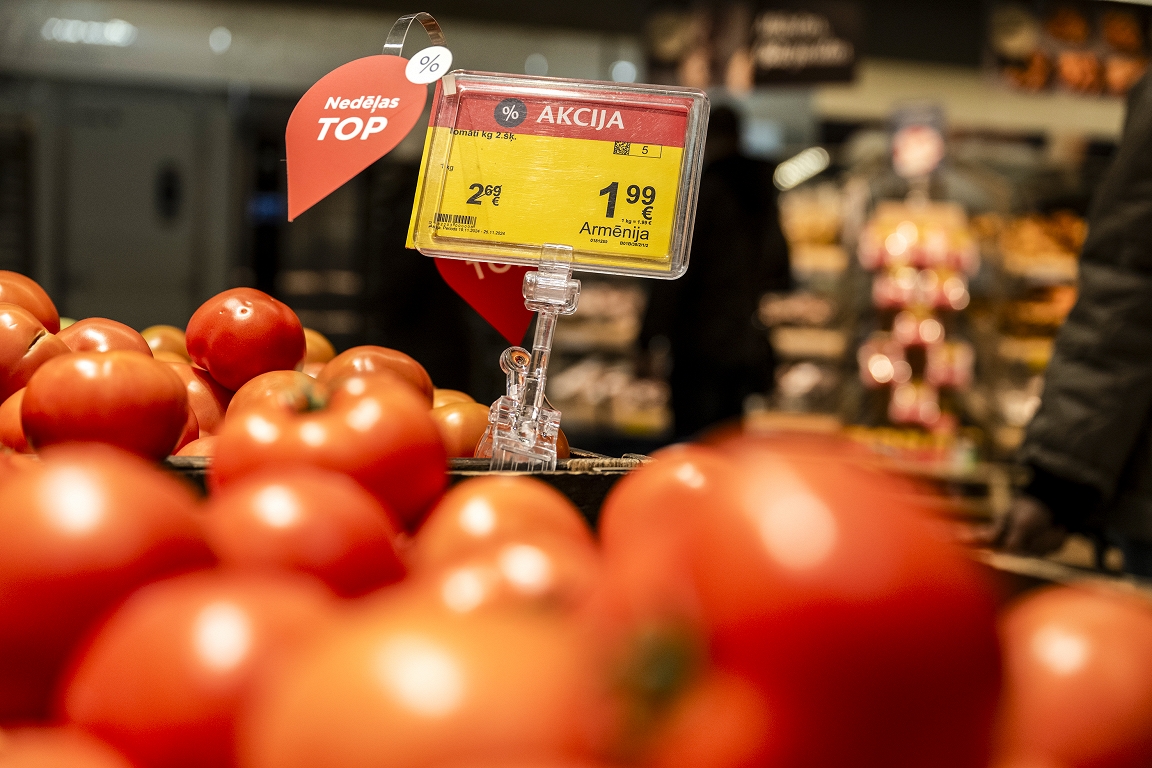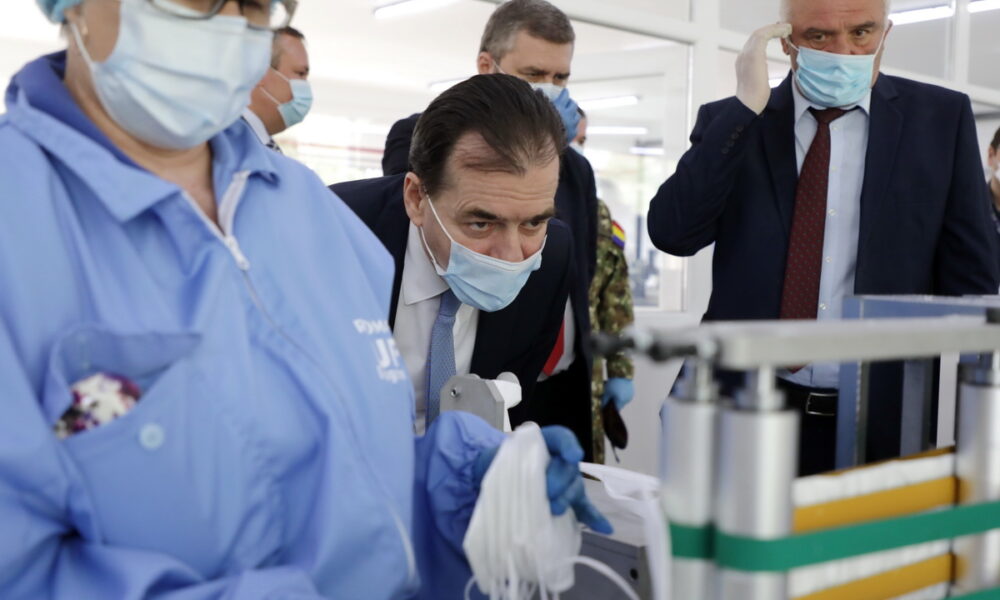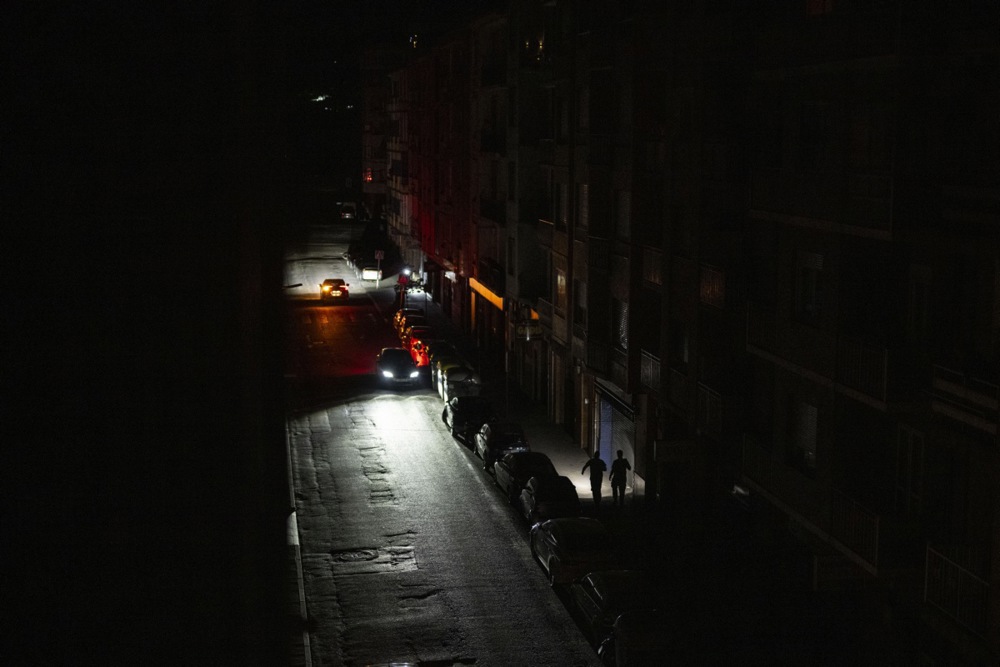Two children with dangerous e.coli infection / day continue to be treated at the Children’s Hospital

The health of both of these children is stable, the hospital points out.
Relatively a week earlier, April 23, five children were treated with a dangerous infection, and even then the health of all patients was stable.
As reported by the Center for Disease Prevention and Control (SPCC), the spread of dangerous infection is currently underway. In the context of pre -recorded enterochemorrhagic outbreaks of E. coli infection, no new cases have been detected for several days.
The last time a new disease associated with the outbreaks of infection has been detected, the SPCC reported on April 15.
Specialists are still ongoing epidemiological examination. The SPCC has stated that the results of pathogenic E.Coli sequence is expected to accurately detect cases of infection in and beyond the identical triggers.
This will make it possible to more accurately identify food suppliers that associate an outbreak infected with the identical E.Coli, the SPCC explained.
So far, more than 60 cases of this E. coli infection have been recorded, most children. Cases have been detected in various suburbs of Riga, Liepaja, Jelgava, Ropazi, Kekava, Salaspils, Adazi, Sigulda, Cēsis and South Kurzeme regions.
The Food and Veterinary Service (FVS) temporarily suspended the work of the manual packaging line of dairy farmers’ cooperative society « Straupe », as the presence of pathogenic microflora, or pathogenic E.coli, was found in the analysis of several employees of the company.
The company supplied these products at 14 educational institution, when several students of these institutions became ill with E.coli intestinal infection in different regions of Latvia.
The company had a re -testing to make sure that all necessary measures have been taken so that the company can fully guarantee the safety of the products produced by consumers in the future. After that, the FVS allowed Straupe to resume production completely.
Yuri Perevoshchikov, Director of the Risk Analysis and Prevention Department of SPKC Infectious Diseases, said earlier, that evidence of the commitment of children and employees is still indirect – it is still necessary to compare the conformity of the employees and illuminated children.
The SPCC explains that all people and animals in the gut have bacteria called Escherichia coli (E. coli) or intestinal stick. They are part of human normal bacterial flora and usually harmless. However, there are specific strains of E. coli, which are able to form toxins or poisonous substances and cause serious illness.
These strains are called Stec/VTEC (E. Coli, a toxin or Verotoxin). They can cause severe, bloody diarrhea, which in some cases causes acute renal failure, which requires intensive care.
The main reservoir of these strains is herbivorous animals, especially cattle. The cause is excreted from the animal or from the human body with feces. A person can become infected by consuming infected foods, under -heat -treated beef, uncooked milk, unwashed or raw fruits or vegetables. Transfer of infection directly from person to person is also possible.




:format(webp)/s3/static.nrc.nl/wp-content/uploads/2025/06/10162802/data133473446-7c6f03.jpg)



